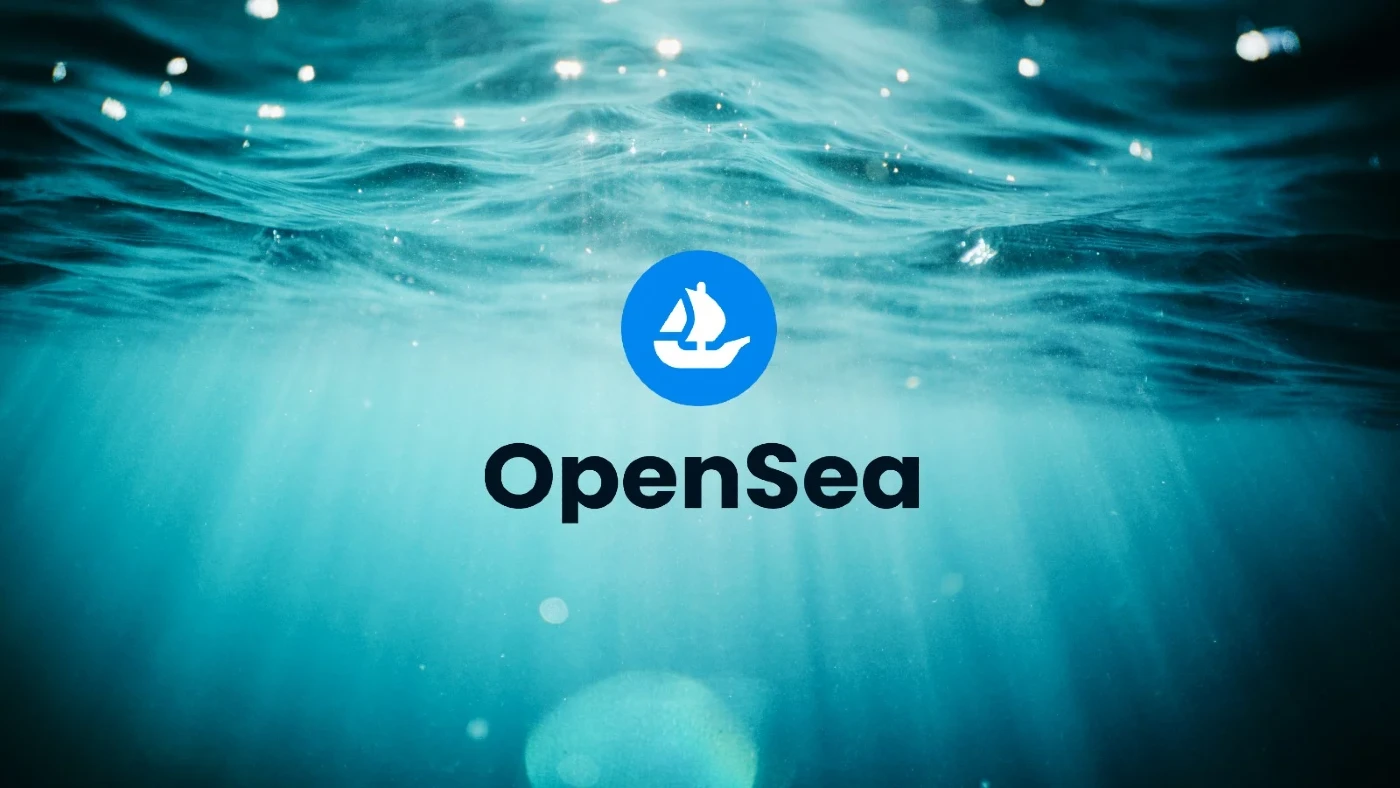NFT marketplace OpenSea is delisting Cuban artist and collector accounts from its platform in order to comply with U.S. sanctions law.
The development is a blow to Cuban artists who began minting work on the blockchain during the great NFT boom of early 2021, a time that coincided with the height of pandemic travel restrictions that deprived the island of valuable tourist dollars.
To date, more than 30 Cuban artists have had their OpenSea accounts delisted. The technology underpinning NFTs may be transparent and decentralized, but the companies platforming their exchange are not.
One point of confusion rests with the fact OpenSea has rapidly pivoted from celebrating and platforming Cuban artists—they featured during National Hispanic Heritage Month with Bianchini serving as a co-host—to a blanket ban, irrespective of a user’s other nationalities. Bianchini, for example, is Swiss-Italian, currently lives in Spain.
The move is also counterintuitive in that it bars political messages unwelcome in Cuban galleries from reaching the wider world. It’s a point Ted Henken, a professor at Baruch College who has written widely about Cuba’s digital culture, makes.
“Quite ironically, in this case, those impacted both financially and in terms of their free cultural expression are Cuban artists who often use their art to challenge government censorship or critically comment on Cuba’s difficult social and artistic reality,” he said.



